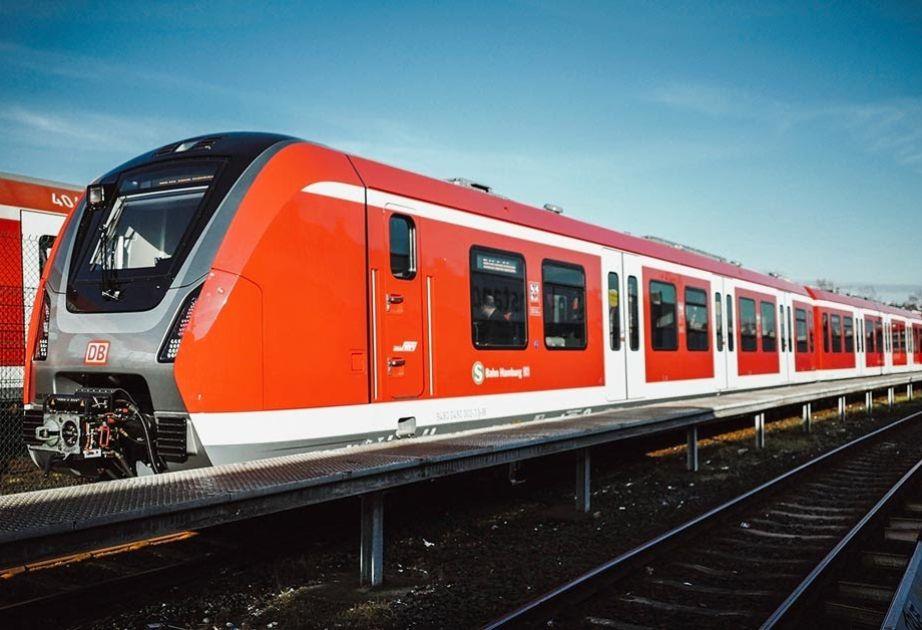
Nokia Launches Germany's First 5G Smart Rail Network
Deutsche Bahn (DB) and Nokia have taken a significant leap into the future of rail communications by launching the world's first commercial 5G network specifically designed for smart railway operations, Azernews reports.
Operating at a frequency of 1900 MHz with a 5G Standalone (SA) core, the new system is currently being tested at DB's digital railway test site in the Ore Mountains, Germany.
The network combines Nokia's AirScale radios with a 5G SA core that features self-healing capabilities, emergency switching, and real-time monitoring. This ensures that in the event of equipment failure or temporary signal loss, the system can automatically recover and maintain operations without human intervention.
“Deutsche Bahn is committed to leveraging cutting-edge 5G telecommunications to modernize our railway infrastructure. Partnering with technology leaders like Nokia enables us to seamlessly integrate the latest innovations into our daily operations,” emphasized Rainer Fachinger from DB.
“We are proud to deliver the world's first commercial 5G solution for railways operating on the 1900 MHz band. This breakthrough unlocks new possibilities such as automated train control, intelligent maintenance, and smart station infrastructure,” added Rolf Werner, head of Nokia's European division.“This project sets a new global benchmark for FRMCS modernization.”
FRMCS (Future Railway Mobile Communication System) is the next-generation upgrade to the aging GSM-R railway network. While GSM-R was primarily a dedicated communication link between train drivers and dispatchers, FRMCS leverages 5G's speed and flexibility to enable instant data transmission across the network.
In simple terms, FRMCS brings rail communication to life. The system prioritizes safety-critical messages, reduces delays, and provides dispatchers with real-time visibility of network issues. This allows trains to safely operate closer together, increasing track capacity while minimizing collision risks. Moreover, equipment can detect and resolve minor faults autonomously before they escalate.
Importantly, FRMCS is fully compatible with international standards, facilitating cross-border network integration and enabling gradual upgrades as 5G technology continues to evolve.
The transition to FRMCS promises faster, safer, and more cost-efficient railway operations across Europe. Smart communication grids minimize downtime, boost reliability, and pave the way for greater process automation. Over time, this technology will accelerate the adoption of smart trains and seamless integration with other digital transport systems.
Nokia is also collaborating with the Dutch railway infrastructure manager ProRail, upgrading their network with a new GSM-R cloud core and planning a smooth migration to FRMCS. According to Nokia representatives, this project will lay the foundation for future-proof railway communications across Europe.
Given that legacy GSM-R networks are becoming increasingly obsolete, this initiative is vital to ensure a safe, reliable, and efficient transition to digital railway technologies.
Beyond improved safety and efficiency, the implementation of 5G and FRMCS is expected to enable innovative passenger services, such as ultra-high-definition live video streaming onboard trains, real-time travel updates, and enhanced connectivity in rural areas. This marks a new era where rail travel becomes not only smarter but also more passenger-friendly and connected.
Legal Disclaimer:
MENAFN provides the
information “as is” without warranty of any kind. We do not accept
any responsibility or liability for the accuracy, content, images,
videos, licenses, completeness, legality, or reliability of the information
contained in this article. If you have any complaints or copyright
issues related to this article, kindly contact the provider above.

















Comments
No comment